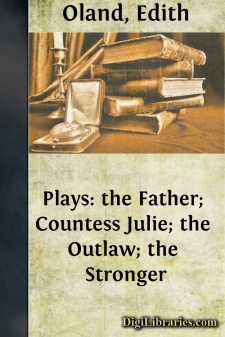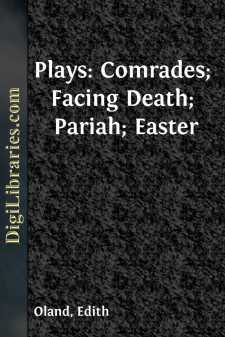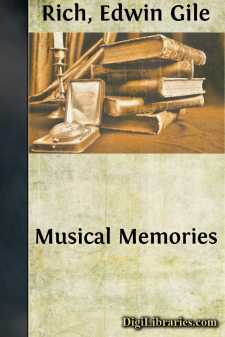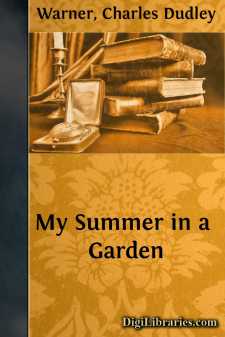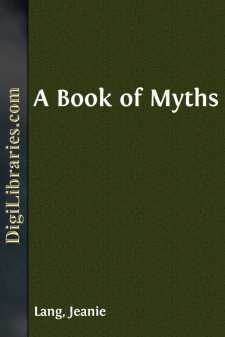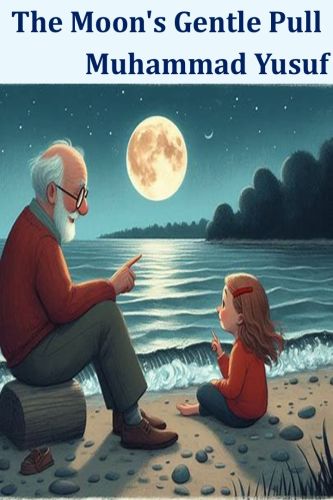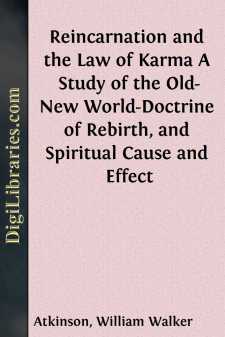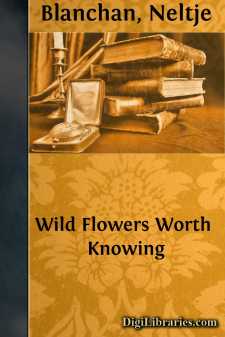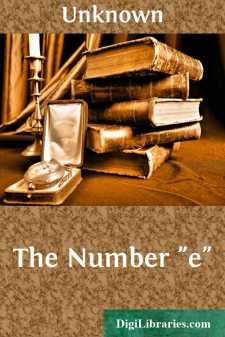Categories
- Antiques & Collectibles 13
- Architecture 36
- Art 48
- Bibles 22
- Biography & Autobiography 813
- Body, Mind & Spirit 142
- Business & Economics 28
- Children's Books 15
- Children's Fiction 12
- Computers 4
- Cooking 94
- Crafts & Hobbies 4
- Drama 346
- Education 46
- Family & Relationships 57
- Fiction 11828
- Games 19
- Gardening 17
- Health & Fitness 34
- History 1377
- House & Home 1
- Humor 147
- Juvenile Fiction 1873
- Juvenile Nonfiction 202
- Language Arts & Disciplines 88
- Law 16
- Literary Collections 686
- Literary Criticism 179
- Mathematics 13
- Medical 41
- Music 40
- Nature 179
- Non-Classifiable 1768
- Performing Arts 7
- Periodicals 1453
- Philosophy 64
- Photography 2
- Poetry 896
- Political Science 203
- Psychology 42
- Reference 154
- Religion 513
- Science 126
- Self-Help 84
- Social Science 81
- Sports & Recreation 34
- Study Aids 3
- Technology & Engineering 59
- Transportation 23
- Travel 463
- True Crime 29
Plays: the Father; Countess Julie; the Outlaw; the Stronger
by: Edith Oland
Description:
Excerpt
BIOGRAPHICAL NOTE
"I tell you, you must have chaos in you, if you would give
birth to a dancing star."—Nietzsche.
In Stockholm, living almost as a recluse, August Strindberg is dreaming life away. The dancing stars, sprung from the chaos of his being, shine with an ever-increasing refulgence from the high-arched dome of dramatic literature, but he no longer adds to their number. The constellation of the Lion of the North is complete.
At sixty-three, worn by the emotional intensity of a life, into which has been crowded the stress and storm of a universe, he sits at his desk, every day transcribing to his diary a record of those mystical forces which he says regulate his life.
Before him lies a crucifix, Hardly as a symbol of sectarian faith, for Strindberg is a Swedenborgian, but a fitting accompaniment, nevertheless, to a state of mind which he expresses in saying "One gets more and more humble the longer one lives, and in the shadow of death many things look different." A softer light beams from those blue eyes, which, under that tossing crown of tawny hair flung high from a speaking forehead, in times past flashed defiance at every opposition. For him the fierce, unyielding, never-ceasing, ever-pressing strife of mind and unrest of life is passing, an eddy in the tide has borne him into quieter waters, and if the hum of the world reaches his solitude, it no longer rouses him to headlong action.
Secure in his position as the foremost man of letters Sweden has produced in modern times, the last representative of that distinguished group of Scandinavian writers which included Ibsen, Bjornson and Brandes, with a Continental reputation surpassing that of any one of them, Strindberg well may be entitled to dream of the past.
One day when in the evolution of the drama Strindberg's technique shall have served its purpose and like Ibsen's, be forced to give way before the advance of younger artists, when his most radical views shall have become the commonplaces of pseudo-culture, the scientific psychologist will take the man in hand and, from the minute record of his life, emotions, thoughts, fancies, speculations and nightmares, which he has embodied in autobiographical novels and that most remarkable perhaps of all his creations, abysmal in its pessimism, "The Inferno," will be drawn a true conception of the man.
That the individual will prove quite as interesting a study as his literary work, even the briefest outline of Strindberg's life will suggest.
The lack of harmony in his soul that has permeated his life and work with theses and antitheses Strindberg tries to explain through heredity, a by no means satisfying or complete solution for the motivation of his frequently unusual conduct and exceptional temperamental qualities, which the abnormal psychologist is in the habit of associating with that not inconsiderable group of cases in which the emotional and temperamental characteristics of the opposite sex are dominant in the individual. His ancestry has been traced back to the sixteenth century, when his father's family was of the titled aristocracy, later, generation after generation, becoming churchmen, although Strindberg's father, Carl Oscar, undertook a commercial career....


